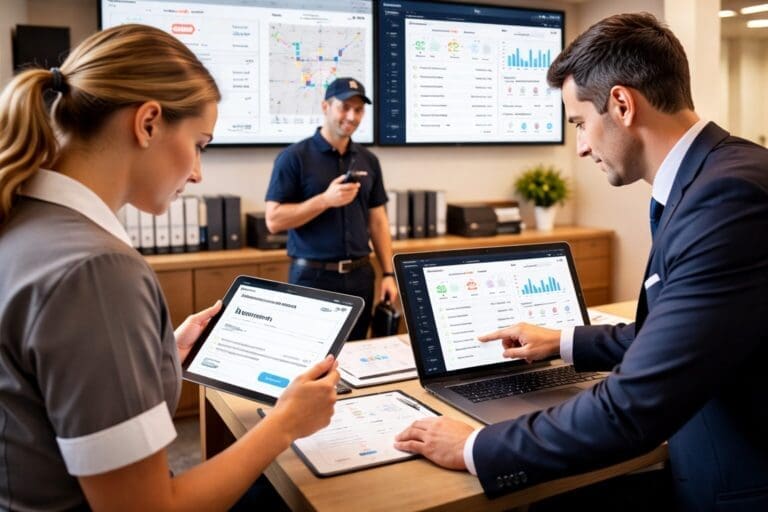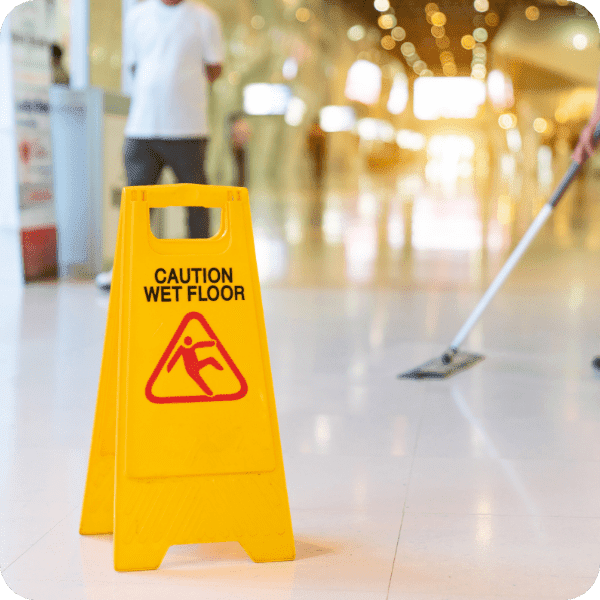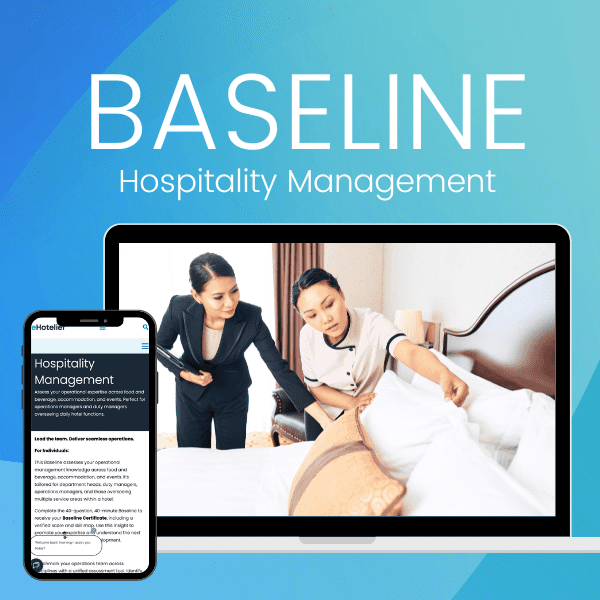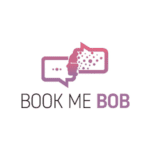 Hotels have a firm grip on cost overruns, but how would a property know if it is underspending?
Hotels have a firm grip on cost overruns, but how would a property know if it is underspending?
As we deepen the data connections, hotels can now start to identify the exact areas where they are overspending as well as where they can apply more resources to achieve better results to the topline or other key metrics. Where these integrations come together is through a business intelligence (BI) platform that can now enable hotels to operate in a ‘Goldilocks zone of management’.
This concept is built upon the economic theory of ‘marginal utility’ where the first unit of any item purchased is greatly useful but then each subsequent purchase of this same item has diminishing returns. Understanding how marginal utility intersects with hospitality experiences can help you to find the most cost-efficient method of budgeting.
Take housekeeping, for example. When you only slightly exceed your brand standards in this operation, it may elicit cheers from your guests. Contrarily, going completely over the top with your housekeeping amenities may not garner proportionally better praise – that is, diminishing returns for every additional dollar spent. Ergo, the prudent path is to only slightly exceed your brand standards then divert the extra capital to other projects.
The problem herein is that we’re dealing with a live product and many variables to test, making this Goldilocks zone of capital allocation very difficult to accurately discover. Played out in a grand scheme of things, this ambiguity results in hotels getting bogged down with cost overruns or other inefficiencies because the threshold of underspending cannot be found and risk of going under that bar is too great. Ultimately, this can impede brand momentum and new programming that would be rolled out had there been a more effective allocation of capital.
New Innovations in Business Intelligence
The problems of ambiguity and knowing where you are overspending or underspending are being tackled by BI vendors. Stemming from its unveiling at HITEC 2022 in Orlando this past June, we connected with Steven Moore, the CEO of Actabl, a new integrated BI company that brings together software solutions ProfitSword (enterprise-level business intelligence), Hotel Effectiveness (labor management), ALICE (operations) and Transcendent (asset management and capex).
“Imagine a platform that brings together financial data, accounting, procurement, labor, guest profiles, guest satisfaction, information from daily operations and specifics from every profit center with external factors like competitive set benchmarks and industry trends,” stated Moore. “That’s what we’re building at Actabl. We’re combining these under one roof – four solutions with over 250 integrations – and serving them up in a digestible format, allowing hoteliers to challenge their current approach with precise data to see what’s working and what isn’t.”
We often talk about each department in a hotel as a ‘silo’. In its present state, BI helps to eliminate those silos by merging data from different inputs that not one single department or manager can observe on their own. By removing these silos, BI lets hotels see how all profit centers – like rooms, dining, parking, spa, or golf – interconnect to help optimize labor needs and reveal other areas for cost savings as well as discern what motivates more total guest spend for an increased topline.
Returning to the previous example, executive housekeepers and GMs might ask their integrated BI platform whether they are overspending or underspending in housekeeping. Until now, this has commonly been a defensive play, where this threshold of underspending is broadly established by ensuring that all dirty rooms are properly cleaned, inspected and ready for sale. The only real way to know if more spending was needed was when rooms were still dirty by check-in time, guests complained or overtime pay exceeded projections.
Modern BI will let you get granular in your testing, such as how the insertion of new SOPs into a cleaning checklist that’s pushed to an operations app on a room attendant’s mobile phone might directly impact both labor per room (costs) and TripAdvisor scores (satisfaction). An end-to-end solution measuring the true value of changes to operational SOPs then allows for adjustments to labor in order to optimize for efficiency and the bottom line.
Positive Feedback Loops
In biology, scientists talk about negative feedback loops – where the end product of a chain events inhibits the start of a chemical process – or positive ones that are self-reinforcing. With BI platforms that incorporate operations like what Actabl is building, it allows hotels to develop positive feedback loops where inputs like labor and capital spend combined with artificial intelligence work to recursively grow more and more revenues or further optimize budgets.
To close, think about TRevPAR (total revenue per available room) and specifically knowing which guest profiles are the most lucrative to your organization. Over the past few years, we’ve been big proponents of this under the generic maxim that more onsite spend equates to more guest satisfaction and more overall profits.
Deeply integrated BI platforms can be used to continually grow TRevPAR by allowing you to test new services and amenities as well as identifying which operations are underperforming from the perspective of total spend per guest. With technology this powerful, the only limit then becomes your own ideas and what questions you pose. With the 2023 planning season upon us, start to think about how you can better utilize business intelligence to optimize how and where you spend.


















